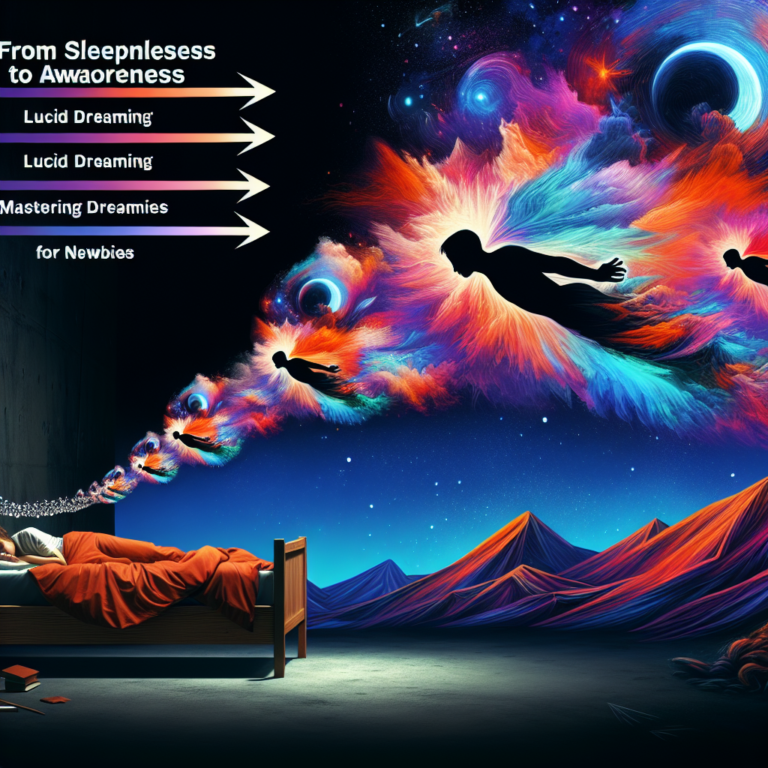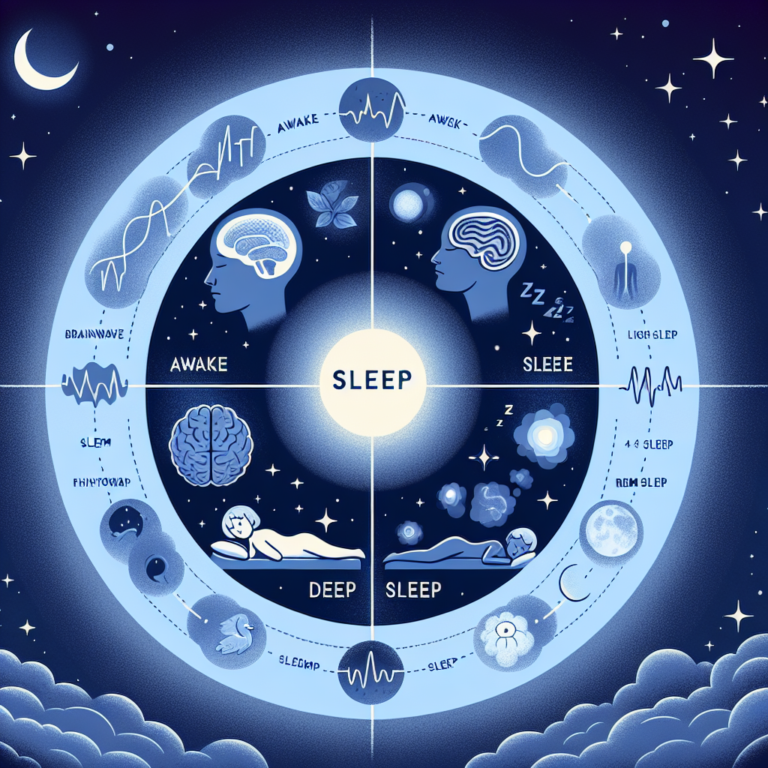
Beat Burnout: Essential Stress-Management Tips for Busy Executives
Introduction
In today’s fast-paced business environment, the pressure on executives has never been greater. Juggling multiple responsibilities, meeting tight deadlines, and driving team performance can lead to one inevitable conclusion: burnout. In fact, recent studies reveal that nearly 77% of professionals experience burnout at their current job. This staggering statistic underscores the importance of addressing stress management and maintaining a healthy work-life balance. Here, we will explore how to beat burnout: essential stress-management tips for busy executives that can transform your professional life and overall well-being.
Understanding Burnout
What is Burnout?
Before we dive into practical strategies, it’s crucial to understand what burnout truly is. Burnout is more than just feeling stressed or tired. The World Health Organization defines it as a syndrome resulting from chronic workplace stress that has not been successfully managed. It encompasses three dimensions:
- Emotional Exhaustion: Feeling depleted and exhausted, both physically and emotionally.
- Depersonalization: Developing a cynical attitude towards one’s job and a loss of personal connection.
- Reduced Performance: Experiencing a decrease in feelings of competence and achievement.
Real-World Impact: Case Study Overview
Consider the case of Mark, a 45-year-old CEO of a mid-sized tech company. Over the past year, Mark had been working 70-hour weeks and found himself not only feeling exhausted but also disengaged from his team. After attending a leadership workshop focused on stress management, Mark implemented a structured approach to tackling his workload and fostering a healthy company culture. Within months, he noticed a significant drop in his stress levels and a rejuvenated connection with his team. This example illustrates the profound impact that proper stress management can have on an executive’s professional and personal life.
Essential Stress-Management Tips
1. Prioritize Self-Care
Why Self-Care Matters
Executives often neglect their own well-being in favor of their work. However, self-care is not a luxury; it’s a necessity. Engaging in regular exercise, maintaining a healthy diet, and ensuring adequate sleep can significantly affect your productivity and mood.
Table 1: Effect of Self-Care on Executive Performance
| Self-Care Activity | Positive Outcome |
|---|---|
| Regular Exercise | Increased energy and focus |
| Adequate Sleep | Enhanced decision-making |
| Healthy Eating | Improved cognitive function |
Actionable Tips
- Schedule regular workouts into your week.
- Bring nutritious snacks to the office instead of relying on fast food.
- Establish a nighttime routine that promotes deep sleep.
2. Set Boundaries
The Importance of Boundaries
Busy executives are often expected to be available at all hours, making it imperative to set clear boundaries between work and personal life. Lack of boundaries can lead to incessant stress and burnout.
Actionable Tips
- Define your working hours and communicate them with your team.
- Take regular breaks throughout the day to recharge.
- Implement a “no work” policy during family time.
3. Delegate Effectively
The Power of Delegation
Many executives struggle to let go of control, believing they must handle all essential tasks themselves. However, effective delegation is crucial in reducing your workload and empowering your team.
Actionable Tips
- Identify tasks that can be delegated and select the right team members for each responsibility.
- Trust your team to execute their tasks without micromanaging.
- Provide feedback and recognition to encourage continued success.
4. Practice Mindfulness and Stress Reduction Techniques
The Role of Mindfulness
Incorporating mindfulness into your daily routine can create a sense of calm and enhance focus. Mindfulness practices can take many forms, from meditation and yoga to simple breathing exercises.
Actionable Tips
- Dedicate a few minutes each day to mindfulness meditation.
- Use guided apps or videos to help practice mindfulness.
- Try deep breathing techniques before meetings or difficult conversations.
5. Cultivate a Supportive Network
The Importance of Connection
Isolation can exacerbate feelings of burnout. Connecting with peers, mentors, or professional networks can provide not only emotional support but also practical advice.
Actionable Tips
- Join executive networking groups or seek mentorship programs.
- Schedule regular check-ins with colleagues to discuss challenges and share successes.
- Don’t hesitate to seek professional help if necessary.
Overcoming Burnout: A Case Study Analysis
Case Study: Jane, the Overwhelmed Marketing Director
Jane, a 38-year-old marketing director, found herself overwhelmed with the constant demands of meeting campaign deadlines. She took the initiative to implement regular team brainstorming sessions, fostering collaboration and innovation. As a result, the burden of creativity was shared, and her stress levels dramatically decreased. Jane’s experience highlights how collaboration can serve as a buffer against burnout.
The Importance of a Positive Work Culture
Promoting a positive work culture is not just beneficial for the employees but crucial for the executives as well. A culture of appreciation, recognition, and teamwork can significantly reduce stress and prevent burnout.
Building a Positive Work Culture
Actionable Steps
- Create an employee recognition program to celebrate achievements.
- Encourage open communication and feedback within your team.
- Offer flexible work options to accommodate different needs.
Conclusion
Beating burnout is not just about managing stress; it’s about transforming your approach to work and life. By prioritizing self-care, setting boundaries, delegating effectively, practicing mindfulness, and fostering a supportive network, busy executives can dramatically reduce their stress levels. Remember, a healthier executive contributes to a more successful organization.
As you implement these strategies and cultivate a healthier work environment, you’ll not only beat burnout but also inspire your team to do the same. Take the initiative today: your well-being and your career will benefit immensely from it.
FAQs
1. What are the first signs of burnout?
Burnout often starts with physical and emotional exhaustion, feelings of cynicism or negativity at work, and a decline in performance. If you notice these symptoms, it’s time to assess your stress levels.
2. How can I manage my time better to prevent burnout?
Utilize tools like calendars or time management apps to prioritize tasks, break larger projects into manageable steps, and set clear deadlines.
3. Is seeking help a sign of weakness?
Absolutely not! Seeking help is a proactive way to address stress and improve your performance. It shows strength and a commitment to self-improvement.
4. Can mindfulness really make a difference?
Yes! Numerous studies have shown that mindfulness can reduce stress levels, enhance focus, and improve emotional well-being, making it an excellent tool for busy executives.
5. How often should I practice self-care?
Self-care should be a regular part of your routine. Aim to engage in some form of self-care daily, whether it’s exercising, meditating, or enjoying a hobby.
By harnessing these essential stress-management tips, busy executives can navigate the challenges of the modern workplace while maintaining their health and achieving long-term success. Now is the time to take action and commit to beating burnout.

















